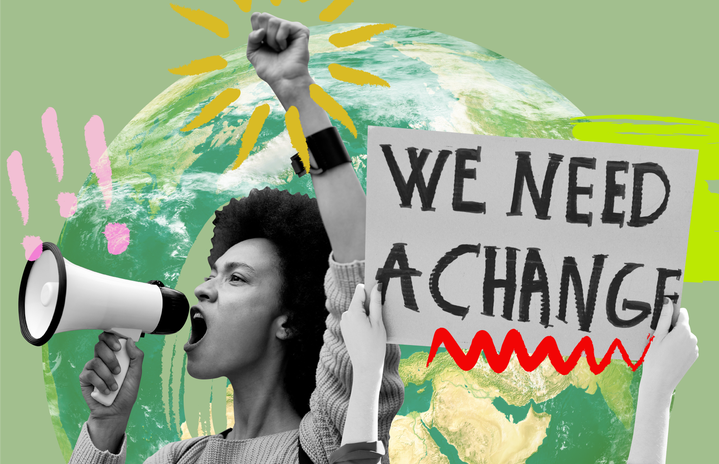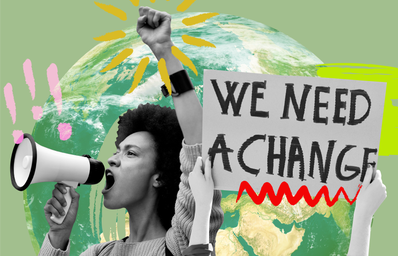Florida has always been known for its hot climate, especially during the summers, but this has quite literally been the hottest summer ever, with record-breaking temperatures leading to disastrous impacts for humans and wildlife.
On July 24, a Manatee Bay buoy reached a temperature of 101.1 degrees Fahrenheit, a typical temperature for a hot tub. This isn’t good news for the Florida Keys’ already imperiled coral reefs, which can’t withstand the extreme heat. The high ocean temperatures can be deadly, causing a phenomenon called coral bleaching, where corals expel their symbiotic algae. Unfortunately, these temperatures have already taken a toll on Florida’s reefs. At a restoration site in the Looe Key Nursery, more than a decade of work was lost on July 20th, when researchers found a shockingly high coral mortality rate of 100%.
Coral is a big deal. If we lose coral, we also lose the countless marine species that rely on the reefs for food and shelter. Since humans rely on fish for food– almost half of the world’s population depends on fish as a protein source– these extinctions will have a significant negative impact on society. On the economic side, Florida’s tourism and food industries rely on the coral reefs for over $6.3 billion and 71,000 jobs, according to the Florida Fish and Wildlife Conservation Commission.
The record-breaking heat isn’t unique to Florida. In the past 30 days, over 10,000 heat and rainfall records have been broken globally, according to the National Oceanic and Atmospheric Administration. Throughout the United States, over 90 million people are under heat advisories, 50 million of which have been under heat warnings for 10 consecutive days. Recently, Phoenix suffered 26 days straight of temperatures of 110 degrees Fahrenheit or higher. Even at night, the unrelenting heat never fell below 90 degrees.
The heat is more than just uncomfortable, it’s extremely dangerous for public health. In the recent Pacific Northwest heat wave, the heat-related death tolls are rising– with at least 486 deaths in British Columbia, 116 in Oregon, and 78 in Washington– along with the thousands of emergency room visits for heat-related illnesses, such as heat exhaustion and heat stroke. Certain groups of people, such as children, the elderly, unhoused people, and outdoor workers, are particularly vulnerable.
Clearly, we’re seeing the impacts of climate change firsthand. According to a study led by scientists from the World Weather Attribution, these intense heat waves would have been extremely rare without human-induced climate change. Human activities, such as the burning of fossil fuels, have greatly contributed to long-term global warming and the severity of heat waves. The heat waves are further amplified by El Niño, a natural temporary warming that alters weather patterns and increases temperatures.
As hot as it already is, heatwaves are likely to become even hotter, longer-lasting, and more common, unless we can rapidly mitigate our human-induced climate change and stop burning fossil fuels. While we typically associate climate change with high temperatures and melting glaciers, it also leads to other serious impacts– increased natural disasters, ocean acidification, rising sea level, worsened air and water quality, and increased spread of diseases, among other things.
On a smaller, individual level, our actions have a significant impact on the environment, so we should still be conscious of our behavior. You can reduce your carbon footprint and make your lifestyle more sustainable by making small but impactful changes– striving towards the “reduce, reuse, recycle” mantra, choosing public transportation, eating less meat and limiting food waste, and supporting sustainable companies and products when possible.
Globally, we need to implement large-scale solutions to dramatically reduce greenhouse gas emissions and stop climate change. This will likely involve a variety of approaches, from switching to renewable energy sources to adopting widespread sustainable food production methods. No matter what specific route we decide to take, one thing is clear— we must take immediate action. The future of our planet depends on it.


